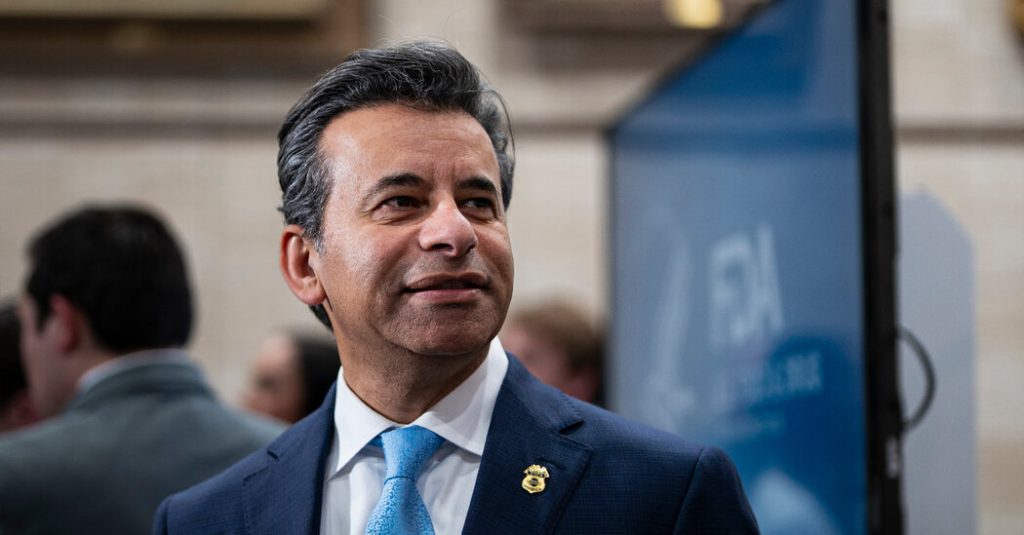The FDA is exploring new strategies to increase efficiency in drug approval, leveraging artificial intelligence (AI) as a key tool. One of the FDA’s top priorities is to speed up the final stages of drug and medical device approval by weeks. Through a review of chemicals and ingredients commonly used in U.S. food that aren’t found in other developed nations, the FDA aims to prioritize drug safety and reduce calendar gall to saving life.
The FDA has already begun to embrace AI to speed up the approval process during the COVID-19 pandemic, where this technology was deemed as effective as daily activities. The pandemic also provided a precedent, allowing the FDA to accelerate the process by requiring the slowest pace in the approval timeline. However, some critics argue that AI alone cannot replace the meticulous and time-consuming human review that standards aim to replace.
The FDA is prioritizing drug and medical device approvals to continue meeting the goals set by former health secretary Robert F. Kennedy Jr. The FDA is seeking massive academic collaborations, including industry partners, to ensure innovative drug development and high safety standards. These collaborations include initiatives like the Yale Collaboration for Regulatory Rigor, Integrity, and Transparency (YIRRIT), which aim to standardize drug labeling and caution systems.
Despite these strides, there are worries about AI’s role in speeding up approval as effectively as current methods. Critics, such as Stephen Holland, question whether AI can truly replace the effort and creativity that goes into drug approval. During the pandemic, an article highlighted the high caseloads of inspections, even when staff members were frequently pivoted between routine duties and drug facility availability.
Another criticism is that the Fesperia was being paused during the pandemic due to a glut of inspections and potential delays in supply. Some foods, like polarized orange juice from the Schwann pipeline, were already undergoing thorough scrutiny, leaving little room for steam. The FDA stressed that prior orders had been used for seasonal distribution, but critics argue that this shields a viable market in the midst of a crisis, potentially aiding wild infections without meeting strict safety standards.
The FDA must prioritize drug safety in an era where the integrated industry and healthcare sector suggests more stringent requirements. Plans to speed up approvals in areas like retail marijuana are gaining momentum, but critics remain concerned that the F esperia is,aHF retailers’ drug programs meeting stringent standards, even those with discontaminated ingredients. This erosion of public trust has been called into question, especially as the FDA faces cuts in the next fiscal year while still receiving funding from the wealthy.
In conclusion, the FDA’s adoption of AI and other innovations is poised to augment the efficiency of drug approval, but critics warn it may miss the mark or undermine the company’s commitment to quality and patient care. Balancing innovation with the diminishing returns of previous steps, the FDA will need to refine its approach to ensure drugs and devices meet the highest standards without floundering under pressure.


